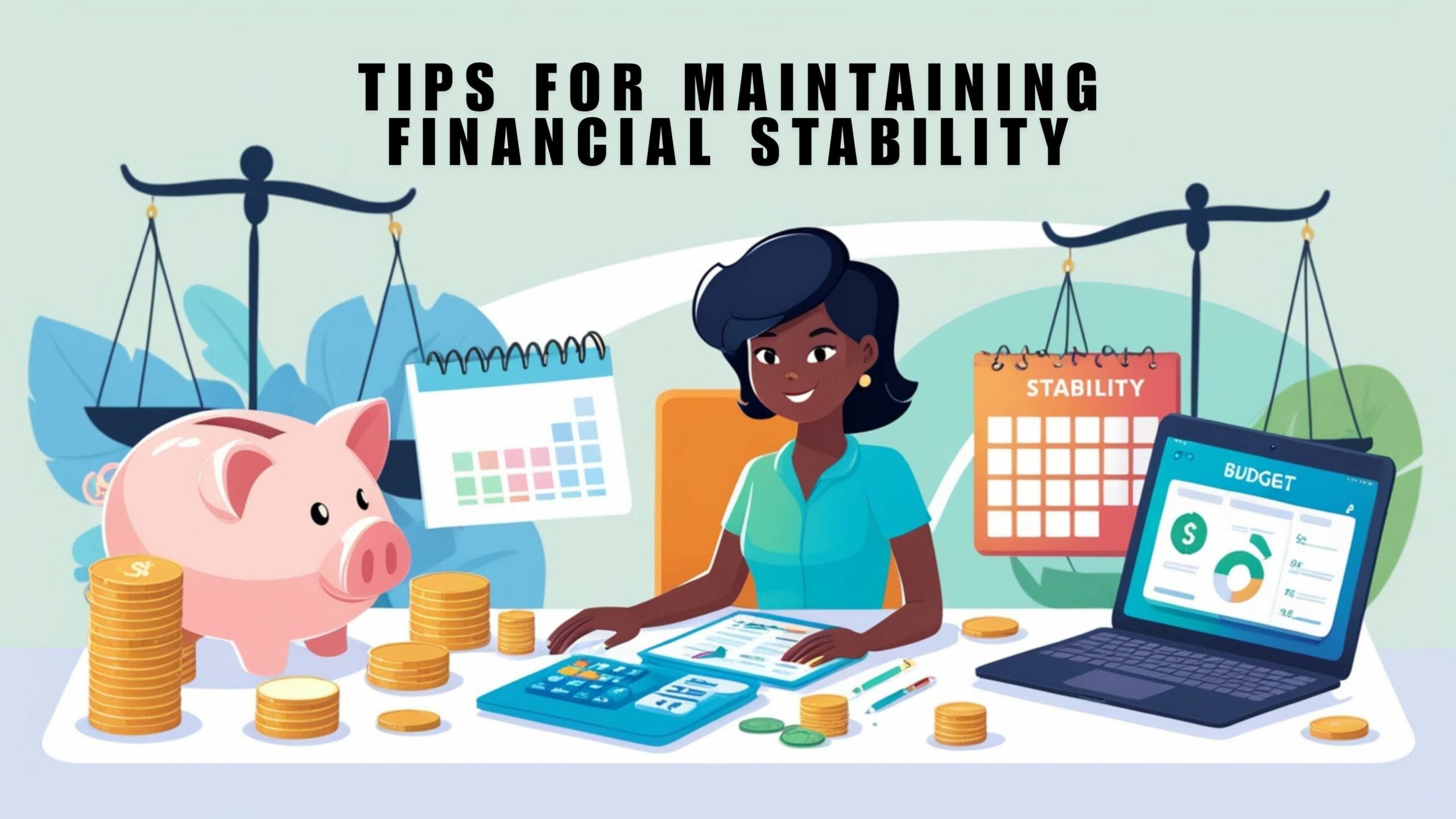Physical Address
304 North Cardinal St.
Dorchester Center, MA 02124
Physical Address
304 North Cardinal St.
Dorchester Center, MA 02124

Investing in stocks or deposits is often a hot topic when discussing ways to maintain financial stability. However, when your income is irregular, the challenge of managing finances can be much more significant. Many people with irregular incomes, such as freelancers, entrepreneurs, or self-employed workers, often struggle and need help planning their finances. Nevertheless, maintaining financial stability despite irregular income is entirely possible with the right tips and strategies. This article will discuss practical ways to keep your finances healthy and stable.
Maintaining financial stability begins with creating a realistic budget. For those with irregular incomes, the budget must be flexible enough to accommodate fluctuations in income that may occur each month. You need to clearly understand your fixed monthly expenses, such as utility bills, internet, and daily necessities, as well as variable costs that can change. This way, you can more easily adjust when your income is lower than usual.
When setting up your budget, make sure to prioritize the expenses that are necessary first. This includes basic needs such as food, transportation, and housing. Identifying areas where you can temporarily cut back on spending is also helpful.
An emergency fund is an essential element in maintaining financial stability. You can survive even when your income drops unexpectedly by having enough emergency savings. Aim to set aside at least 3 to 6 months of living expenses in your emergency fund.
One of the critical factors in maintaining financial stability is saving regularly, even when your income is irregular. You can start with a small amount but remain consistent. Set clear saving goals for education, vacations, or long-term financial objectives. You can only open a dedicated savings account for emergency funds or specific goals.
Set up an automatic transfer of funds to your savings account every time you receive an income. This will ensure that you save consistently without the temptation to use the funds.
Managing debt is essential in maintaining financial stability, especially when your income is irregular. Ensure that your debts are within your ability to pay them off. Avoid consumer debt that does not provide long-term benefits. Instead, focus on debt that supports increasing your income or investing in your future, such as debt for education or business.
Short-term loans often have high interest rates and can worsen your financial situation. Avoid unnecessary debt, and only take loans for essential needs.
Relying on a single source of income is risky, especially when your income is irregular. Therefore, seeking additional income streams that can help supplement your earnings is essential. You can explore various opportunities, such as investments, side jobs, or selling products/services related to your expertise.
If you have a particular skill, such as graphic design, writing, or translation, consider seeking freelance projects or side jobs that allow you to earn extra income.
Investing can be a great way to generate passive income. However, remember that stock or deposit investments carry risks. Make sure to do your research before deciding to invest to minimize risks and maximize returns.
Managing spending wisely is another way to maintain financial stability, even with an irregular income. Avoid a lifestyle that encourages excessive spending, which can strain your finances. One way to do this is by tracking all your expenses and identifying areas where you can cut back.
Excessive spending often occurs due to impulse purchases that are not planned. To prevent this, make a shopping list before heading to the store and stick to it so that you are not tempted to buy things you don’t need.
Make use of discounts and promotions to reduce your spending. However, be wise when using discounts; don’t buy something just because it’s on sale if you don’t need it.
Investing is a crucial step in ensuring financial stability in the future. If your income is irregular, intelligent investments can provide a solid financial cushion for the future. Some investment options include stocks, deposits, mutual funds, and gold.
Investing in the stock market can be a good choice if you want to grow your funds over the long term. However, ensure you know the stock market and the associated risks.
If you want a safer option, deposits or gold can be good choices. Although their returns may not be as high as stocks, both offer lower levels of risk.
In conclusion, maintaining financial stability despite irregular income requires discipline, planning, and the right strategies. By creating a realistic budget, saving regularly, managing debt wisely, diversifying income streams, and controlling spending, you can maintain a healthy financial situation, even when your income fluctuates. Additionally, preparing for the future through smart investments will help ensure that you are financially secure in the long run. With these tips, you can take control of your finances and create a stable financial future, regardless of your income variability.
Read More: Digital Marketing for Manufacturing: Drive Growth and Innovation